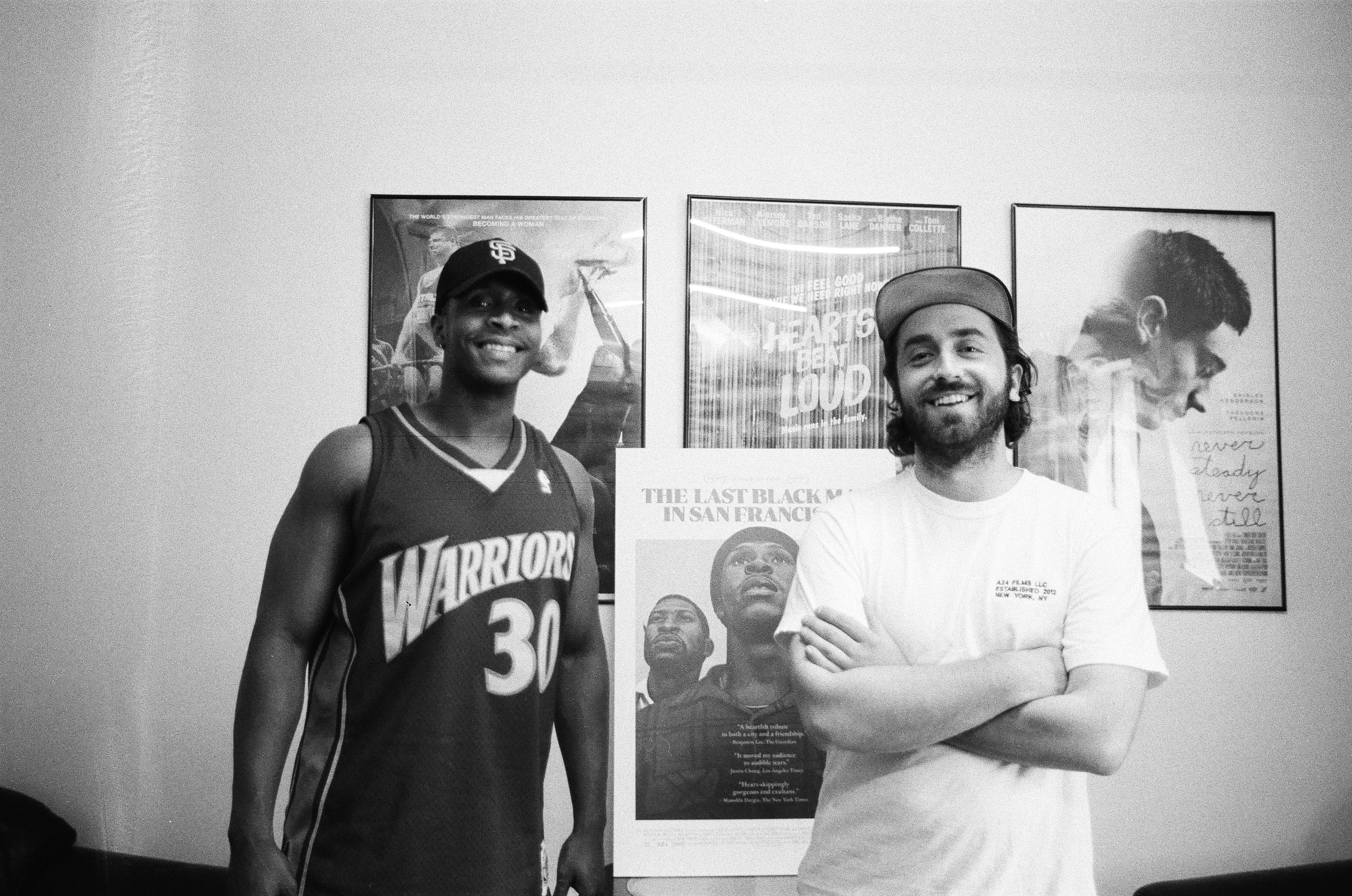Besties: A Raw Conversation with Joe Talbot and Jimmie Fails
A conversation between three filmmakers about LBMSF, Spike Lee, Paramore, and Skate Culture
Conversations around Black films and stories are at an all time high.
Just over a month ago the death of George Floyd brought the Black Lives Matter movement to the forefront of every conversation. Protests began in the States, but like wildfire it spread across the globe. The conversation was everywhere: your timeline, workplace, group chats, and even the dinner table. Discussions opened up about the inequality faced by Black people throughout society and for the first time in our history the world listened.
This led to the inevitable highlighting of Black storytellers. From filmmakers to journalists, suddenly everyone was in tune with all of the beauty found in Black storytelling. It reminded me a lot of our annual “Black History Month” and the timely manner in which Black storytellers are highlighted.
My words might come off as “unimpressed”. Maybe there is an ounce of that buried in my feelings, but it’s far from the driving force behind these words. You see, Black stories have been here. These stories have been here just like the problems we as a community face and the world has finally decided to open their eyes to it.
Let me make something clear. Black journalists, films, stories, and experiences have always been here.
Last year the film The Last Black Man in San Francisco was released to high praise from critics. From first time director Joe Talbot, the film follows Jimmie Fails, a Black man looking to reclaim an old Victorian house that is said to be owned by his family. It featured a breathtaking and poetic picture, a breakout performance from Jimmie and Jonathan Majors, and one of the best soundtracks of the year.
It was an undeniable breakout film.
It was also an important Black story.
While the film is directed by Joe Talbot, it was conceived equally by Joe and Jimmie, two men who are the definition of “besties”. The film’s narrative is derived directly from Jimmie’s life, and speaks fluently to the Black experience through a picturesque lens that rivals the emotional impact of films like Do The Right Thing. It is cinema that stands among the greats, but you wouldn’t know it. Despite garnering a 93% Rotten Tomato score across almost two hundred critics the film quickly fell out of discussion as the year went on.
I’ve held onto a recording from an interview with Joe and Jimmie from over a year ago. Originally planning to run it as an article, the twenty minute interview I was scheduled for ran for forty-five minutes. The interview was… unorthodox, but it turned into something that was vibrant, informative, and the perfect picture of a friendship and love for a city. It was something that was never going to be the same on paper.
The interview has haunted me though. Despite its less than professional capture, the interview was always something I came back to; my own little private profile of two incredible filmmakers and their friendship.
So, we’re releasing it.
This isn’t an interview; it’s a conversation between three filmmakers and a real look into why this film and these two men are so special.
Please note: The interview contains spoilers and a lot of explicit language.
The Last Black Man in San Francisco is available for purchase on Amazon and iTunes, and available to stream on Amazon Prime.




